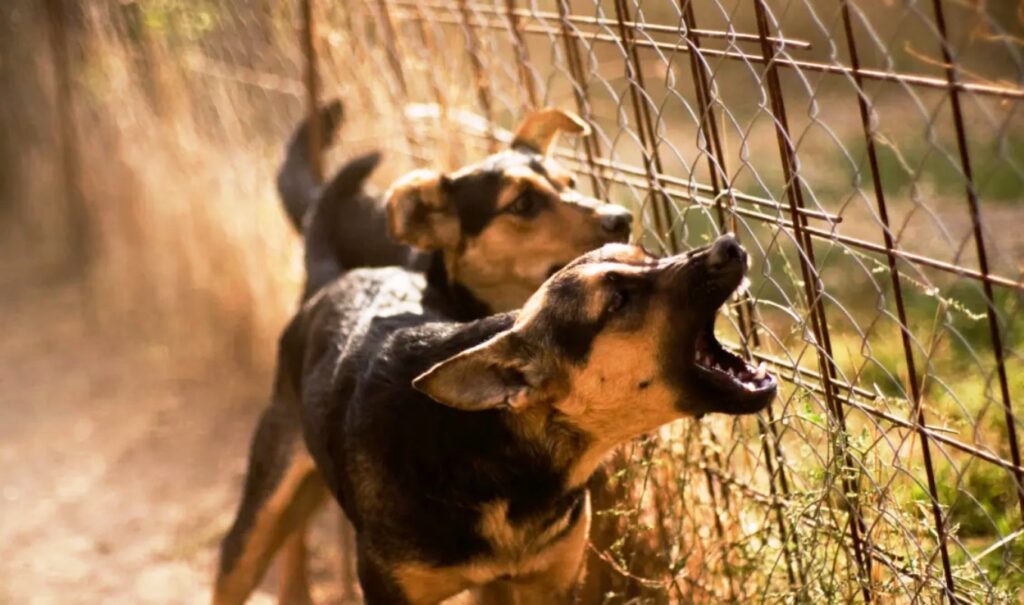A 47-year-old man was sentenced to one year imprisonment with three-year suspension by the Immediate Single-Member Criminal Court of Thessaloniki after he was arrested when 14 dogs were found chained in a warehouse in the Delta Municipality. A cat was also found in the same space, locked inside a cage.
“I don’t abuse animals, I’ve had dogs all my life”
The court found him guilty of violating animal welfare legislation. In his defense, the defendant claimed that he loves and cares for his animals, insisting he did not abuse them. “I’ve had dogs all my life, I’ve dedicated my whole life to them. I don’t abuse them. I cook for them and feed them daily,” he stated characteristically, adding that he works in livestock and agricultural activities.
Despite the conviction, the 47-year-old appealed, but remains in custody due to pending administrative deportation proceedings against him. The case sparked local reactions, highlighting once again the issue of strict enforcement of animal protection frameworks.
What constitutes animal abuse under the law
Animal abuse in Greece is now considered a felony following the passage of Law 4745/2020. This reform established strict penalties that can reach up to 10 years imprisonment for serious incidents. This law was a response to public outrage over violence against animals.
There are two basic categories of abuse: active and passive. The first includes acts that cause injury, torture, or death to an animal, such as poisoning, strangulation, drowning, burns, electrocution, frostbite, mutilation, shooting, dog fighting, and even sexual abuse.
Passive abuse involves neglect or poor living conditions, such as inadequate shelter, permanent chaining, lack of food, clean water, or veterinary care, as well as animal abandonment. It also includes hoarding phenomena, when someone accumulates many animals in conditions unsuitable for their welfare.
These violations can be prosecuted either as misdemeanors or felonies. Heavy penalties are provided, administrative fines up to 50,000 euros, and even removal of the animal from the perpetrator, with delivery to a shelter. The Prosecutor has the right to prohibit the offender from acquiring an animal again, aiming at substantial protection and prevention of new abuse incidents.




